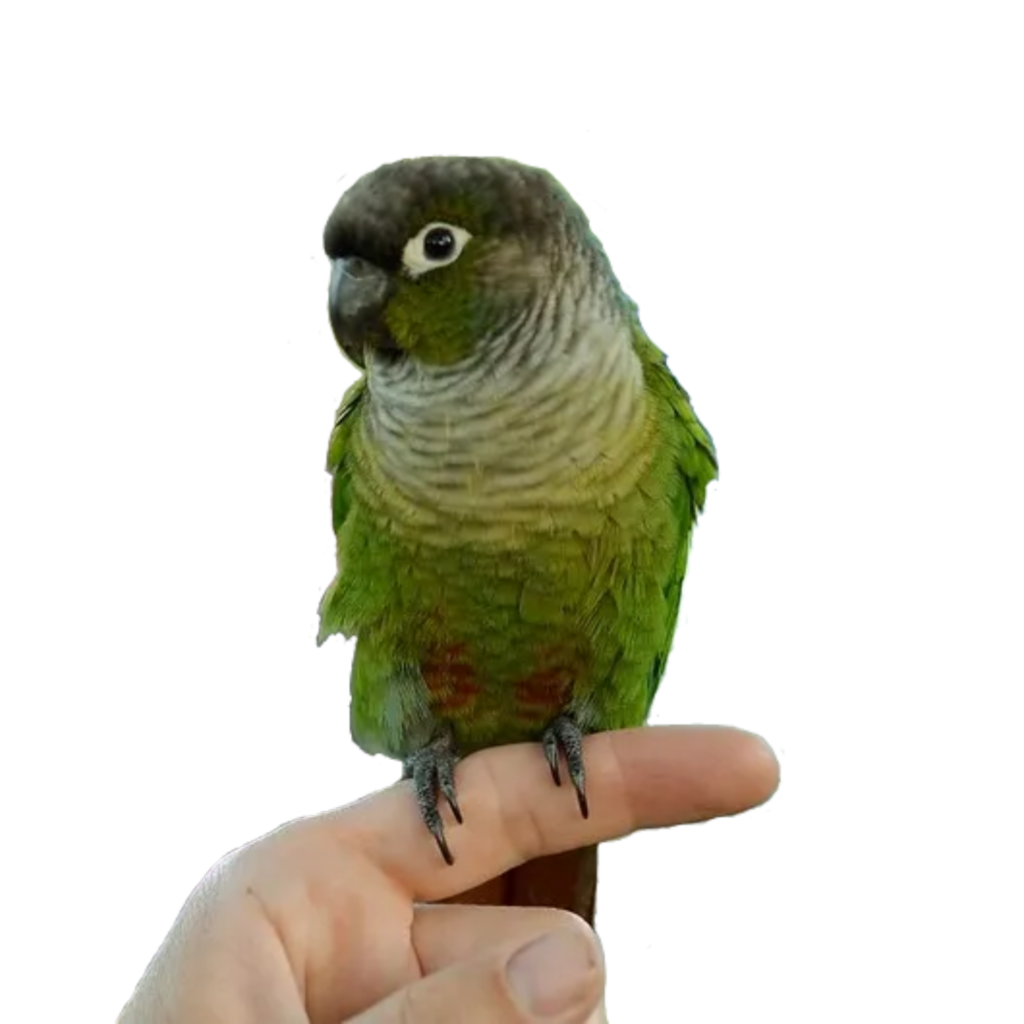Shipping Questions
How does shipping work?
Must send a deposit to reserve a bird.
Birds are shipped in a small kennel crate (as seen in this background image).You can send up to three birds in one kennel
Only through Delta
I’ve shipped to Mexico,Canada and all over the US.
Shipping is paid in full before the bird flies out.
You must know what airport is closest to you.
You get an airway bill.
I send an Invoice and payment must be made the day before departure.
I make the flight arrangements. Not all airports fly animals – that would be researched by me.
Is shipping safe for the birds?
I’ve been shipping at least 25 years and there have been no problems! All birds have arrived safely!
How much does shipping cost?
Its usually $150 to ship.
$35 for the kennel
$20 for water and feed bowls

